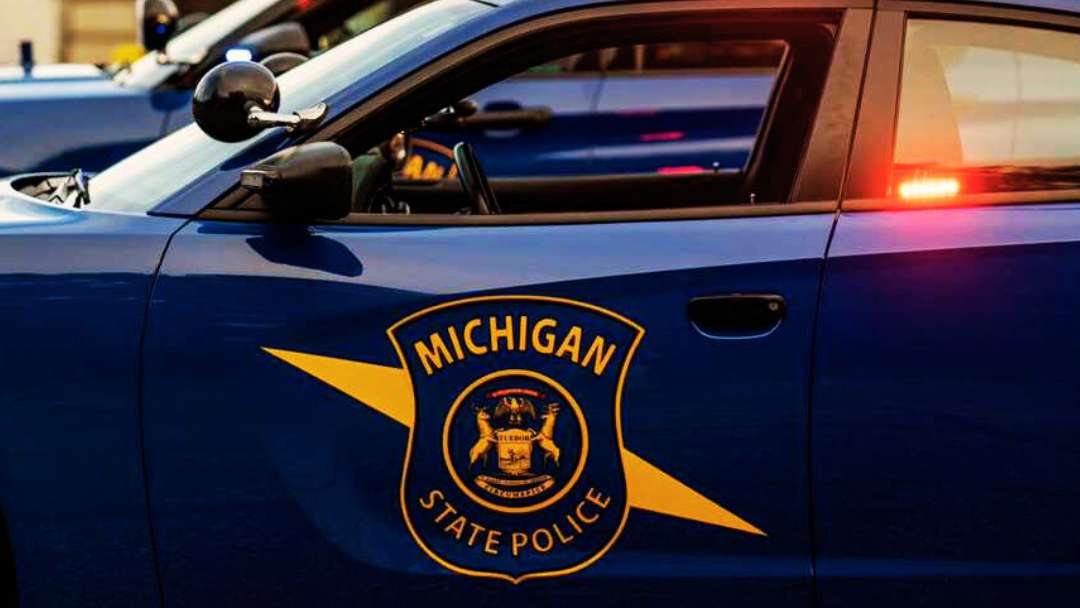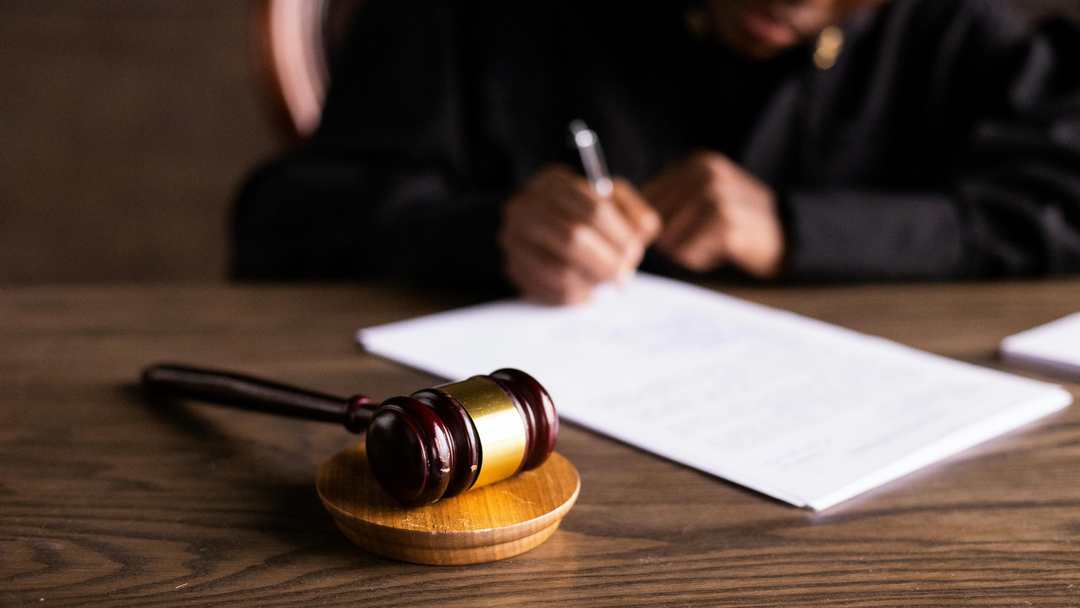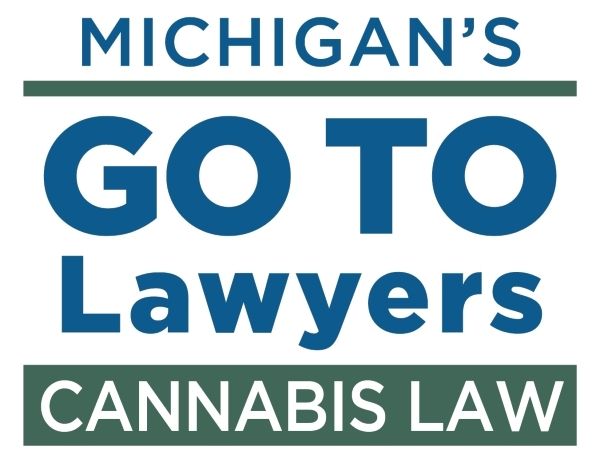Involuntary Manslaughter Charges and Penalties in Michigan
Here’s things you should to know
What is Involuntary Manslaughter in Michigan?
Involuntary manslaughter differs from murder in that it lacks intent to kill.
In Michigan, it is somewhat defined as the killing of another person through:
- Recklessness: This involves acting with a conscious disregard for a substantial and unjustifiable risk that the act will cause death or serious physical harm.
- Gross negligence: This refers to a failure to use even the slightest care that a reasonable person would use in similar circumstances.
- Commission of a misdemeanor: This means unintentionally causing death while committing another crime, even a minor one.
Involuntary manslaughter distinguishes itself from voluntary manslaughter based on the intent of the alleged offender.
The broad differentiating factor lies in whether the accused intended to cause severe physical harm to the victim, as seen in cases of voluntary manslaughter.
Conversely, in cases of involuntary manslaughter, the accused is alleged to have caused the victim’s death without malice or intent.
A conviction of voluntary manslaughter can arise when the accused did not have the intention to cause serious bodily harm to the victim but exhibited a significant lack of care in their behavior towards the victim’s safety.
The determining factor between these two homicide offenses is typically the presence of intent.
What are the penalties?
- Up to 15 years in prison: The exact sentence depends on the specific circumstances of the case, including the severity of the recklessness or negligence and the presence of aggravating factors.
- Fine of up to $7,500: This financial penalty adds to the significant burden faced by those convicted.
Charged with Homicide, Second Degree Murder, Manslaughter?
Call our office to see if we can help
Komorn Law 248-357-2550
Additional Consequences:
Beyond the legal penalties, a conviction for involuntary manslaughter can have lasting consequences, including:
- Loss of employment or professional licenses: Many professions have strict ethical codes that may prohibit employing individuals with criminal records.
- Difficulty obtaining housing or loans: Background checks often reveal criminal convictions, making it harder to secure housing or loans.
- Social stigma: The emotional and social impact of a conviction can be significant, leading to isolation and judgment.

Related Articles
Just Because You’re Hanging Out in a High Crime Area Doesn’t Make You Suspicious
Mere presence in a “high crime” area does not provide particularized suspicion of criminal activity for an investigatory detention.People vs Prude In People v Prude, Prude was in a parked vehicle at an apartment complex that was regularly patrolled by police because...
Gun buyback program – Michigan
There's another bounty to be claimed besides turning in your neighbor.Defined here in HB6144 can mean so many things... “firearm” means any weapon that will, is designed to, or may readily be converted to expel a projectile by action of an explosiveEntrepreneurs get...
Sextortion – Michigan
Sextortion - Extortion with an S.Michigan House Bills 5887 and 5888 make sextortion illegal in Michigan. The law defines sextortion as a threat to create or disseminate sexually explicit images or videos of another person to coerce them. The new law makes a first...
When Can Police Confiscate Your Drone in Michigan?
Someone asked us... Can the police take my drone?As we have seen ... They can charge, arrest you and take your stuff for whatever they want. You'll have to fight it out in court to get it back.In Michigan, the police can confiscate your drone under certain...
More Posts

The MSP and Your Privacy (Criminal History)
Is the Michigan State Police really concerned about your criminal history privacy?Here's what they say on their websiteThe Michigan State Police (MSP) is committed to protecting the privacy of your potentially personally identifiable data (PPID) in a strong and...

The 6th Amendment – Do You Know What It Is?
The 6th Amendment: is it still a thing?The 6th Amendment to the United States Constitution is a crucial pillar of the Bill of Rights, designed to ensure fair and just legal proceedings for individuals accused of crimes. Ratified on December 15, 1791, this amendment...

The US Supreme Court and Federal Gun Law Cases
The US Supreme Court and Federal Gun Law CasesChallenges to Federal Gun Laws the right of the people to keep and bear Arms, shall not be infringed Updated July 8, 2024 Ratified in 1791, the Second Amendment provides, “A well regulated Militia, being necessary to the...

Do Passengers in a Vehicle have 4th Amendment Rights?
Do Passengers have 4th Amendment Rights?Michigan Supreme Court Limits Police Ability to Search Passenger Property in CarsBackground Mead was a passenger in a car and had just met the driver, who offered him a ride. When the police stopped the vehicle and ordered both...

Do Students Have 4th Amendment Rights in Schools
Students and 4th Amendment RightsStudents are entitled to a right to be safe from unreasonable searches and seizures even within school premises, as ruled by the Supreme Court of the United States. However, these rights are somewhat limited for students, allowing...

Forfeiture Law: SCOTUS and Sixth Circuit Issue Landmark Rulings
Forfeiture Law in Focus: SCOTUS and Sixth Circuit Issue Landmark RulingsThe landscape of forfeiture law has been significantly shaped by recent decisions from the U.S. Supreme Court and the Sixth Circuit Court of Appeals. These rulings, in the cases of United States v...

Facial Recognition and Wrongful Arrests
Facial RecognitionHow Technology Can Lead to Mistaken-Identity Arrests Facial recognition technology has become increasingly prevalent in law enforcement, but its use raises critical questions about civil liberties and accuracy. One landmark case sheds light on the...

People v. Chandler Case: Protecting Fourth Amendment Rights
Court of Appeals of Michigan PEOPLE of the State of Michigan, Plaintiff-Appellee, v. Javarian CHANDLER, Defendant-Appellant. No. 368736 Decided: June 27, 2024Before: Borrello, P.J., and Swartzle and Young, JJ. Introduction In the People v. Chandler case, the Michigan...

MI Lawyer Weekly – Michigan’s Go To Lawyers for Cannabis Law
Please join us in congratulating our inaugural Michigan’s Go To Lawyer for cannabis law. Michael Komorn, Komorn Law, Farmington HillsMichigan Lawyers Weekly is pleased to announce the inaugural “Go To Lawyers” for cannabis law. Now in its fifth year, the “Go To...

Chinese-funded marijuana farms springing up across the U.S.
Inside the Chinese-funded and staffed marijuana farms springing up across the U.S.During a farm inspection, New Mexico state special agents discovered an excessive number of cannabis plants in violation of state laws. Subsequent visits revealed dozens of underfed and...












